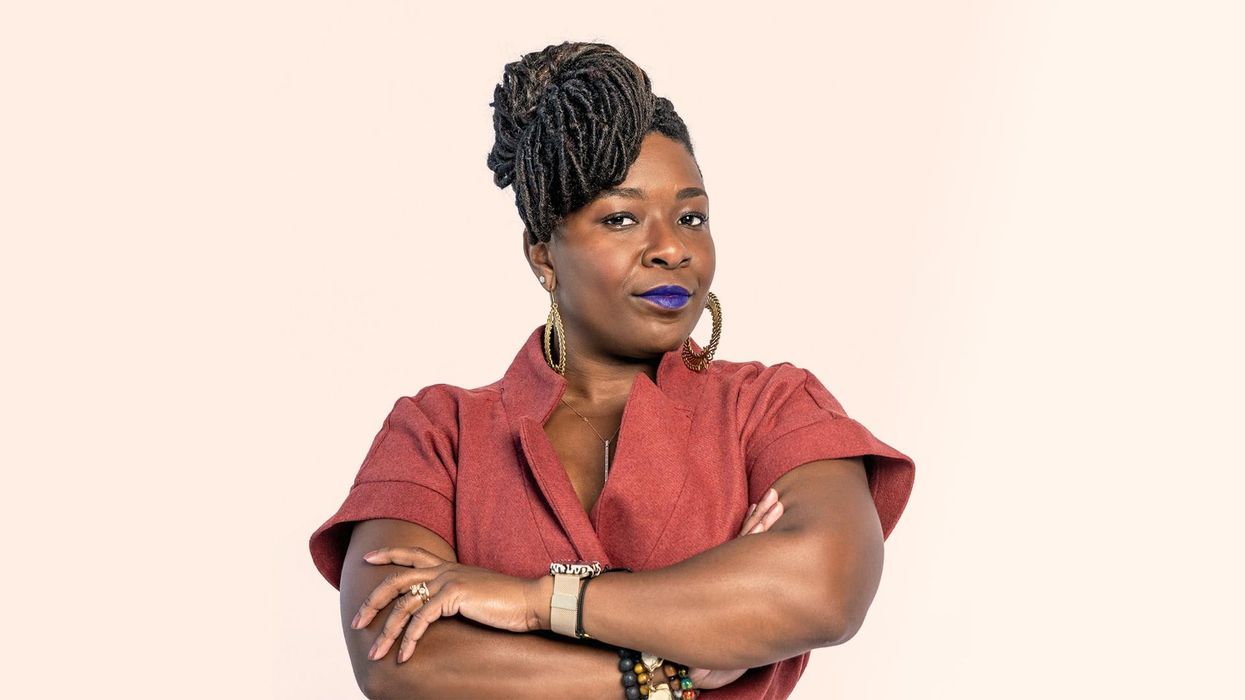The latest edition of the CannaBS Detector podcast (“no sugar, all spice”) compares the cannabis industry to the notorious failings of the tobacco industry: how different are they, really?
Co-hosts and industry experts Kristen Yoder and Brett Puffenbarger use this space to tackle the scams and pitfalls of the cannabis industry: aiming to educate, offer solutions to the industry’s major problems, and air out the issues for good.
Whether you currently work in cannabis, are planning to move into the industry from the outside, or just like to learn, the CannaBS Detector is a must-listen for anyone interested in going deeper.
Big Cannabis is Acting Like Big Tobacco
While there are quite a few recognized benefits that accompany cannabis consumption, it’s also true that the plant can be harmful to consumers when it’s not utilized properly.
Some consumers become overly dependent or reliant on cannabis, suffer from allergic reactions, or find themselves consuming faulty product, like moldy weed or cartridges riddled with harmful additives.
Of course, anything in excess isn’t a good idea, but the legal industry has to be honest, intentional, and transparent about the possible pitfalls of cannabis consumption – otherwise, the cannabis industry is no better at handling their weaknesses than Big Tobacco.
“Every substance has negative impacts,” Yoder said. “As someone who had realized that I was addicted to [cannabis], while I wasn’t robbing anyone or ‘dope-sick,’ I still had a lot of negative impacts in my life, from withdrawing from my family, my professional and social life...the fact is, if we don’t claim this stuff, then we’re giving power to prohibitionists to fuck us. And they will.”
Cannabis is quite arguably safer than other substances that are often abused, like alcohol, opioids, or tobacco – no one in recorded history has ever died from a cannabis overdose. Even Tylenol kills 400+ people per year through acute liver failure.
However, that doesn’t mean the plant is completely void of issues, or incapable of being abused by consumers.
“I look at cannabis as a true enhancer. It’s going to change the way you function in maybe unexpected ways. I think there’s also other things that are associated with cannabis that everyone wants to treat as an urban myth, like cannabis hyperemesis syndrome, or the actual ability to be addicted to cannabis,” Puffenbarger said.
“I feel like if we’re not taking ownership of those things and accounting for them now, they’re just going to come back and bite us in the ass. We should be working on talking points to address that, rather than just leaving it out in the ether for prohibitionists to use against us. We’re aware of our limitations – we’re aware of the potential negative impacts, even if they are small or rare.”
This fear isn’t completely unfounded – tobacco products were promoted in a solely positive light for decades until opposers began to call out all of the negative side effects that accompany regular tobacco use.
However, in order to set itself apart from Big Tobacco’s mistakes, the cannabis industry must not repeat this history – otherwise, the entire industry leaves itself vulnerable for future dismantling.
Cannabis Companies Need to Prepare For Federal Legalization Now
“I think the problem with many cannabis companies is they are reactive, not proactive. The thing that separates a good cannabis company from a bad one is when they are thinking far ahead of the regulations they’re facing at state level,” Yoder said.
“These companies should be labeling things before federal legalization happens so they don’t have to spend hundreds of thousands of dollars changing packaging to get in line with upcoming regulations, instead of trying to push the line as far as it can go until they have to act responsibly.”
Yoder doesn’t believe potency caps are the solution to the issue, but a line of moderation is necessary to establish.
“Is 90 percent THC fucking necessary for anybody that’s not a medical patient? No. Should kids be dabbing? No. Can it have negative impacts? Yes,” Yoder said.
The tobacco industry has been sued over the years for issues related to negligent manufacturing and failure to disclose important health information. If cannabis doesn’t clean up their act soon, the industry will be the next to face this type of noise.
Yoder recalls a time when she fainted after dabbing on an empty stomach, resulting in an ambulance ride.
“It would have been nice if I had a warning that said, ‘Make sure you eat something. May cause loss of consciousness.’ Something like that. We have to be fucking reasonable, or we’re no different than any other industry,” Yoder said.
The co-hosts also bring up cannabis hyperemesis syndrome, a rare condition that can lead to repeated and severe bouts of nausea and/or vomiting. Although it is rare, it very much exists, and the cannabis industry isn’t doing anyone any favors by turning a blind eye.
If the industry continues to avoid addressing the possibly negative side effects that can accompany cannabis consumption, the lawsuits are going to start (and keep) coming until cannabis is forced to face these issues retroactively – which won’t be a good look for an industry already under fierce scrutiny.
“We deny everything because we’re so used to fighting for legitimacy. We would rather deny science so we can get legalization, and to me, that’s unethical,” Yoder said.
Hemp-Derived Products Like Delta-8 THC Need to be Regulated
This need for honesty and transparency within the cannabis industry is increasingly imminent, especially with hemp-derived Delta-8 THC being somewhat-federally legal (although it is banned in 12 states).
This cannabinoid is considered milder than the THC we’re used to – a.k.a., Delta-9 THC – and is much easier to access, but its effects are still largely unresearched, and there is no oversight in the production of these products.
While it’s a naturally occurring cannabinoid just like “regular” THC, Delta-8 THC is also usually produced in a lab. The cannabinoid is created by dissolving CBD into a solvent and mixing it with acid – a somewhat concerning detail many consumers aren’t educated on.
“We don’t know the outcome of this product. We don’t know how safe it is, we don’t know it’s efficacy levels...we don’t know anything we’d expect to know about a legitimate product in the licensed channel,” Puffenbarger said.
“No one’s testing for the acid. So we don’t even know if there’s residual acid left in it in the first place,” Yoder added.
Much of the concern lies in the fact that products like these are designed to make as much money as possible while cutting corners. This is unethical and immoral, and in complete opposition to the values much of the legacy cannabis community has held for decades.
To Keep Prohibition at Bay, Cannabis Needs to Try Harder
The cannabis industry has definitely faced a lot of unfair criticism and discrimination over the past several decades, and because of this, operators are more likely to be defensive and defiant when engaging with prohibitionists.
Although it’s important to stand up for all of the benefits the plant and this industry provide, we are all obligated to acknowledge both sides of the equation: cannabis is not 100 percent benevolent. Nothing is.
“We should be taking measured, understandable approaches to this. We should be welcoming these concerns into the conversation with open arms so that we can address them, make proper adjustments, make proper plans in place for our companies, and then act on those plans,” Puffenbarger said.
“We’re at a very precarious position of growing from a toddler industry to a functioning industry, and the last thing we need right now is to be supplying the very people who don’t want us to exist at all, with more fodder to throw at us.”
Need a little more Bluntness in your life? Sign Up for our newsletter to stay in the loop.
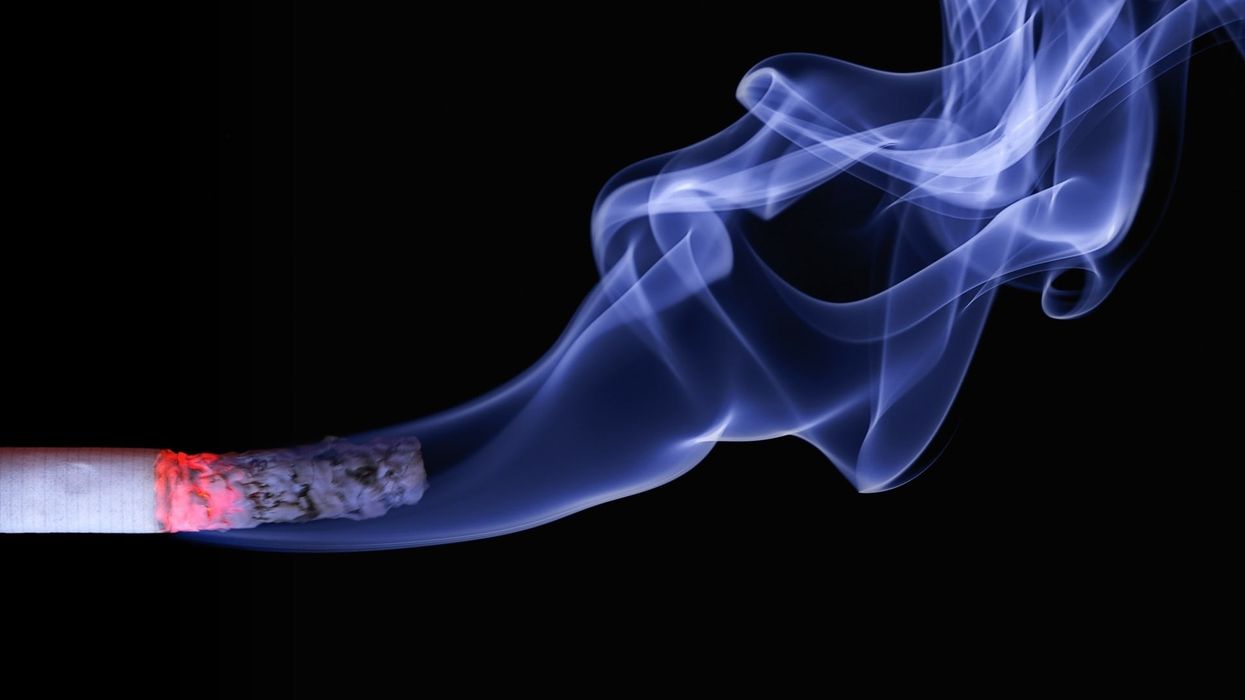



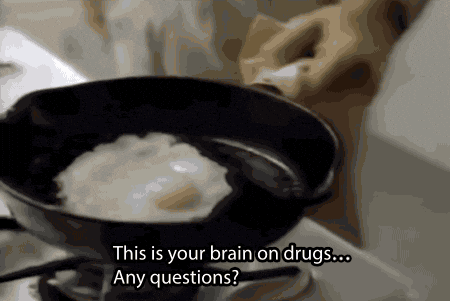









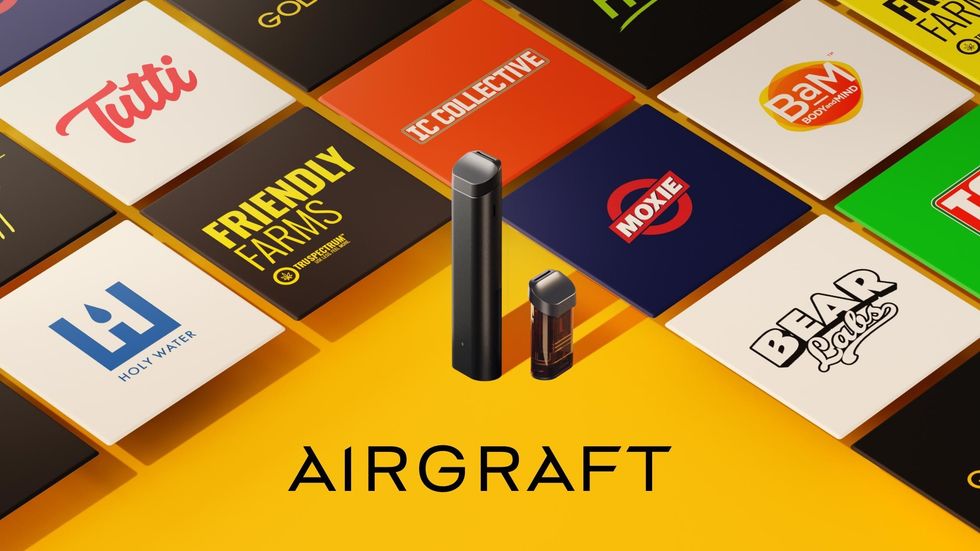 Airgraft has just disrupted cannabis concentrate vaping in more ways than one.
Airgraft has just disrupted cannabis concentrate vaping in more ways than one.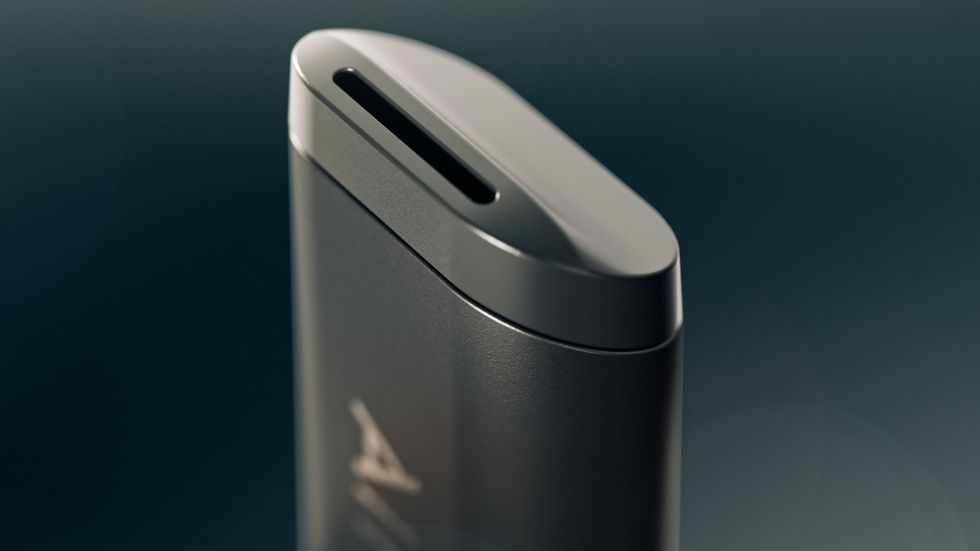 The Airgraft 2 is proving to be a game-changer for cannabis resin vaping.
The Airgraft 2 is proving to be a game-changer for cannabis resin vaping.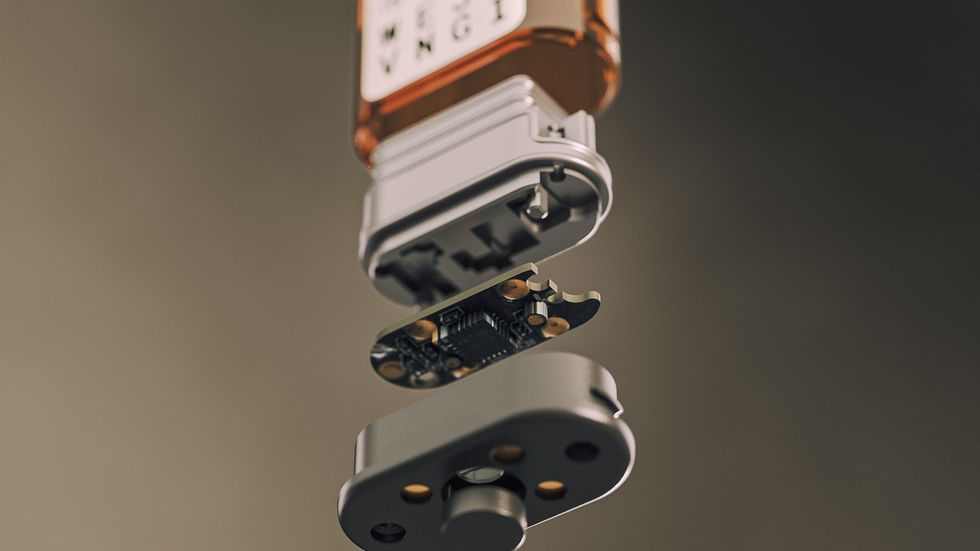 A lot of thought and expertise went into the design of Airgraft 2.
A lot of thought and expertise went into the design of Airgraft 2.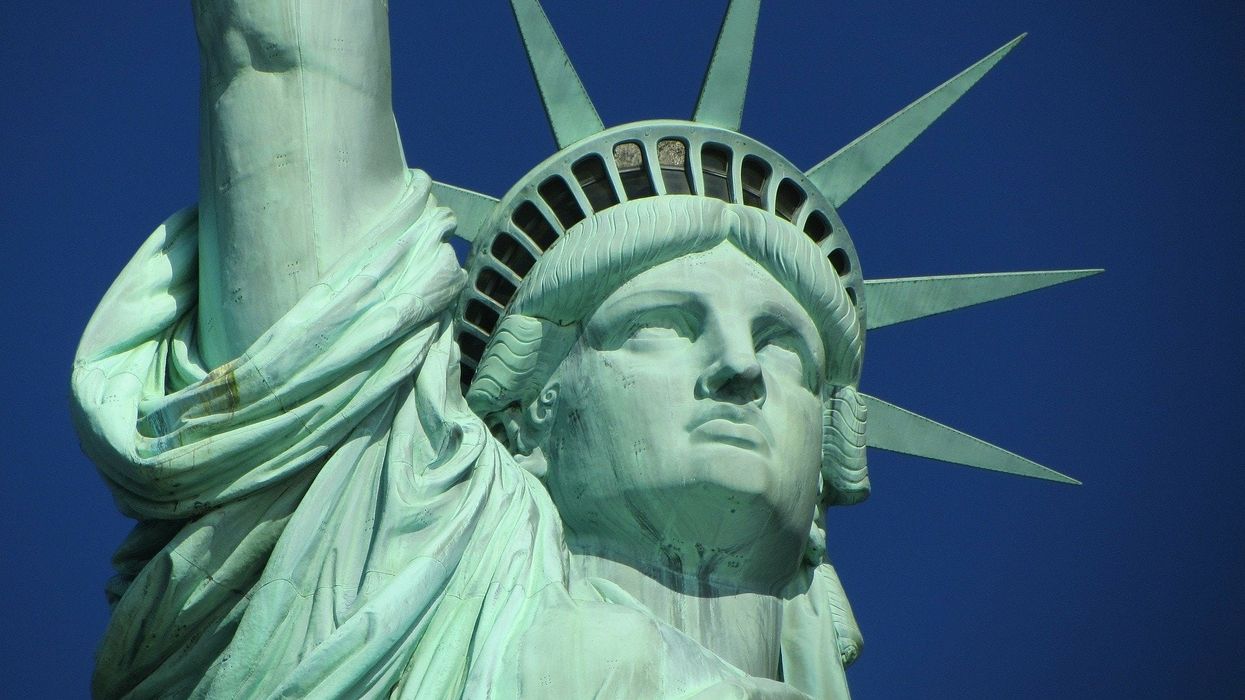
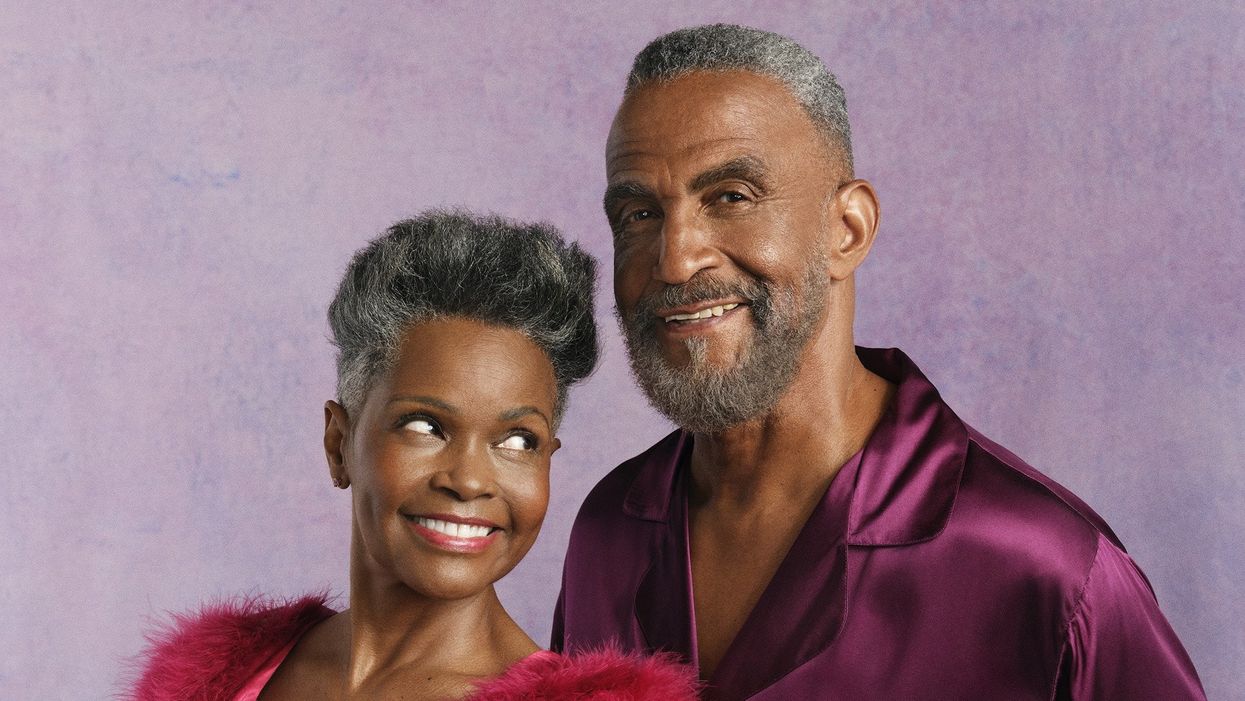
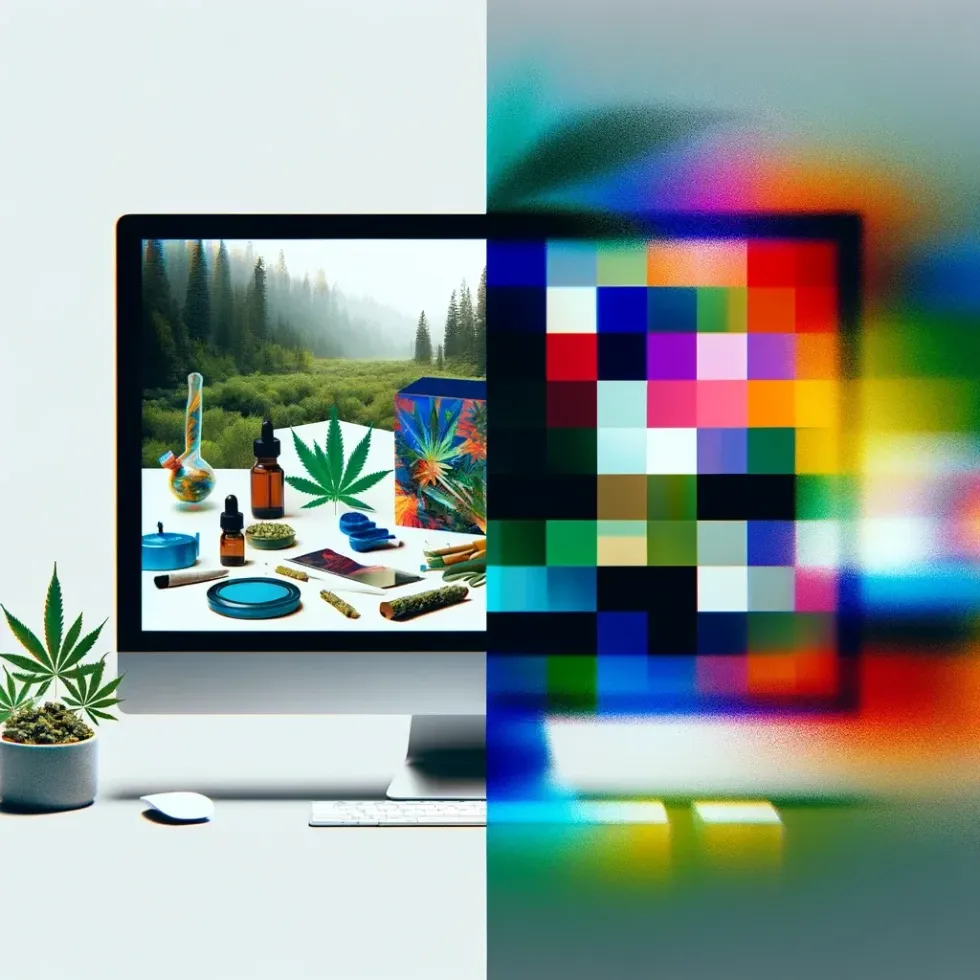 Aligning cannabis with adult content does little to elevate the perception and acceptance of cannabis as a legitimate, respectable industry.
Aligning cannabis with adult content does little to elevate the perception and acceptance of cannabis as a legitimate, respectable industry. Aligning cannabis with adult content does little to elevate the perception and acceptance of cannabis as a legitimate, respectable industry.
Aligning cannabis with adult content does little to elevate the perception and acceptance of cannabis as a legitimate, respectable industry.